IQ
Recent articles
A genetics-first clinic for catching developmental conditions early: Q&A with Jacob Vorstman
A new clinic is assessing children who have a genetic predisposition for autism and other neurodevelopmental conditions—sometimes before traits appear.

A genetics-first clinic for catching developmental conditions early: Q&A with Jacob Vorstman
A new clinic is assessing children who have a genetic predisposition for autism and other neurodevelopmental conditions—sometimes before traits appear.
Brain organoid size matches intensity of social problems in autistic people
Overgrown organoids could point to mechanisms underlying profound autism.
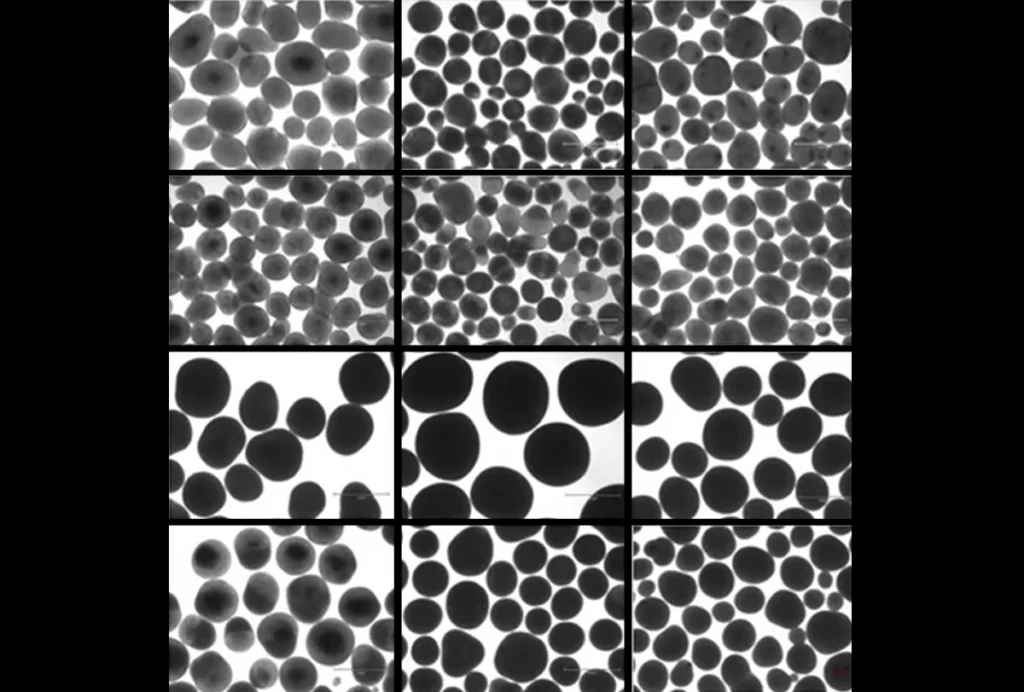
Brain organoid size matches intensity of social problems in autistic people
Overgrown organoids could point to mechanisms underlying profound autism.
‘Polygenic risk scores’ for autism, explained
These scores — composite measures of a person’s autism-linked common genetic variants — cannot predict an autism diagnosis but could help researchers better understand the condition’s underlying biology.
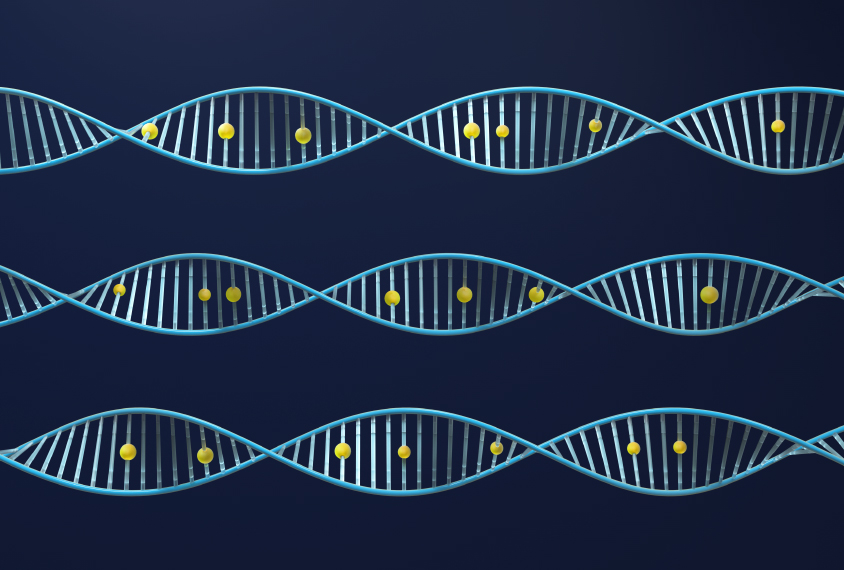
‘Polygenic risk scores’ for autism, explained
These scores — composite measures of a person’s autism-linked common genetic variants — cannot predict an autism diagnosis but could help researchers better understand the condition’s underlying biology.
Autism’s genetic heterogeneity evident in brain connectivity patterns
The results highlight the importance of subgrouping study participants based on their underlying genetics, the researchers say.
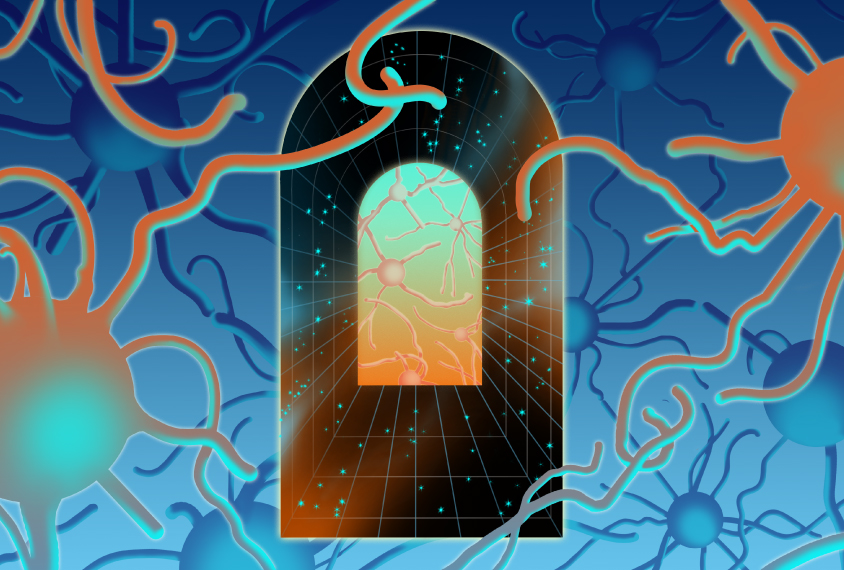
Autism’s genetic heterogeneity evident in brain connectivity patterns
The results highlight the importance of subgrouping study participants based on their underlying genetics, the researchers say.
New program offers $35K grants to study ‘profound autism’
People who have ‘profound autism’ — those with severe intellectual disability, limited communication abilities or both — tend to be excluded from research. The Autism Science Foundation seeks to change that.

New program offers $35K grants to study ‘profound autism’
People who have ‘profound autism’ — those with severe intellectual disability, limited communication abilities or both — tend to be excluded from research. The Autism Science Foundation seeks to change that.
Autism without intellectual impairments more common than previously reported
Almost 60 percent of autistic people may have an average or above-average intelligence quotient, according to a new longitudinal study.
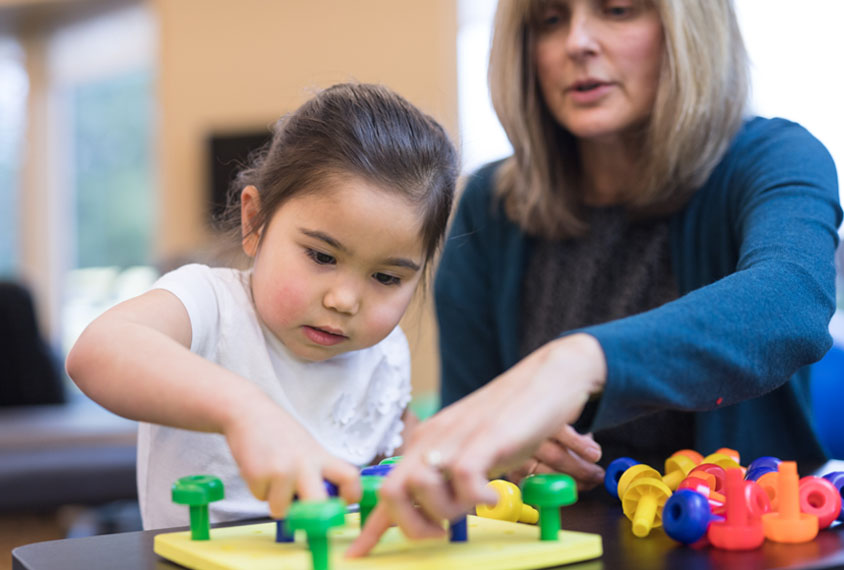
Autism without intellectual impairments more common than previously reported
Almost 60 percent of autistic people may have an average or above-average intelligence quotient, according to a new longitudinal study.
Repetitive behaviors wax and wane among autistic youth
Some types of restricted and repetitive behaviors become more prevalent among autistic children and teenagers over time, depending on their age and intellectual ability, whereas others decrease.

Repetitive behaviors wax and wane among autistic youth
Some types of restricted and repetitive behaviors become more prevalent among autistic children and teenagers over time, depending on their age and intellectual ability, whereas others decrease.
Mapping the futures of autistic children
Researchers can roughly project what autistic children's lives will look like years down the road. But how good is their crystal ball — and what are its benefits?
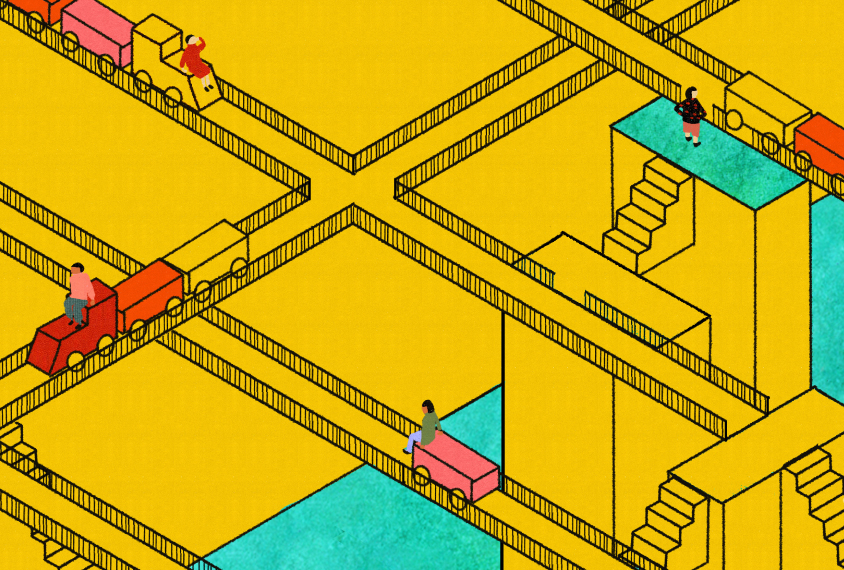
Mapping the futures of autistic children
Researchers can roughly project what autistic children's lives will look like years down the road. But how good is their crystal ball — and what are its benefits?
Evolutionary approach reveals impact of missense variants in autism
Cross-species comparisons can help make sense of subtle genetic variants in people with autism and identify hundreds of new genes that may contribute to the condition.
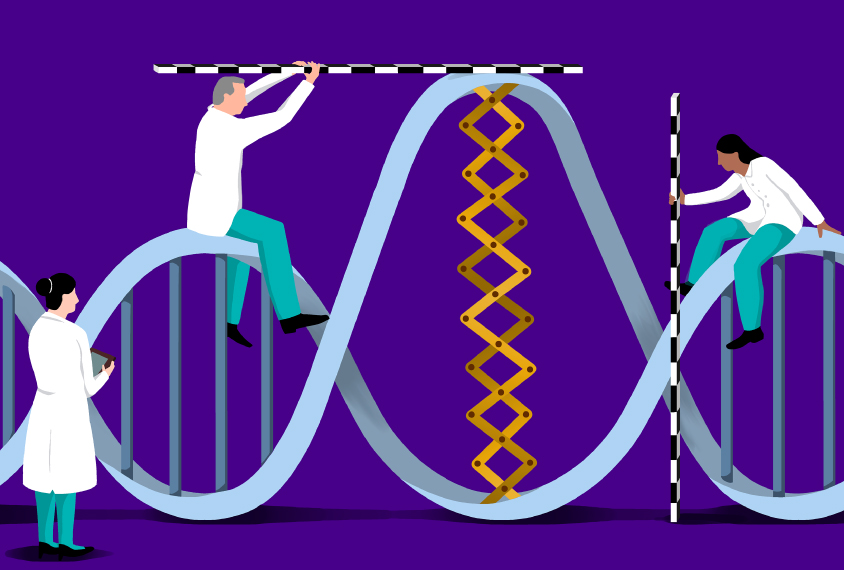
Evolutionary approach reveals impact of missense variants in autism
Cross-species comparisons can help make sense of subtle genetic variants in people with autism and identify hundreds of new genes that may contribute to the condition.
Making neuroimaging accessible for more autistic children
A new protocol aims to help researchers include more autistic people — especially those who are minimally verbal or have intellectual disability — in imaging studies.
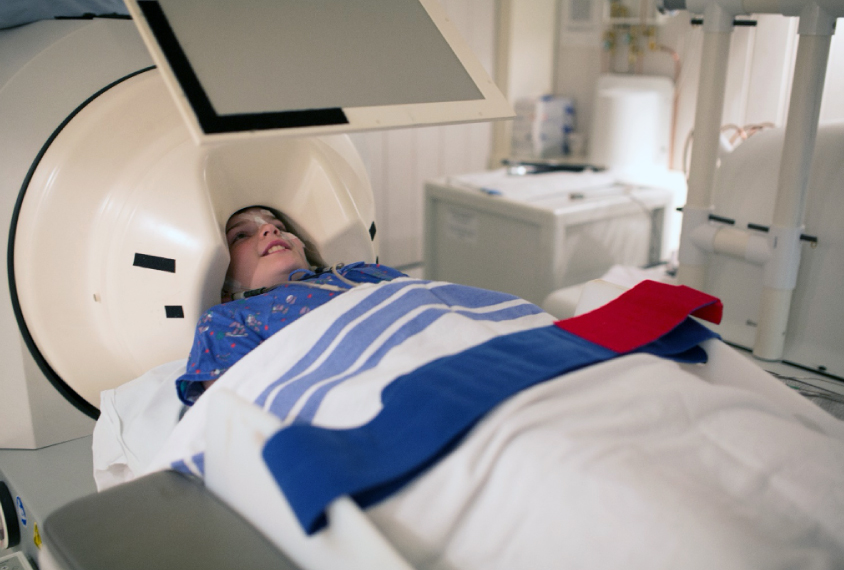
Making neuroimaging accessible for more autistic children
A new protocol aims to help researchers include more autistic people — especially those who are minimally verbal or have intellectual disability — in imaging studies.
Explore more from The Transmitter
As federal funders desert mentorship programs for marginalized students, trainee-led initiatives fill the gap
Grassroots organizations, led by graduate students and postdoctoral researchers, are stepping up to provide neuroscience career training and guidance for students from marginalized backgrounds—and they need your support.

As federal funders desert mentorship programs for marginalized students, trainee-led initiatives fill the gap
Grassroots organizations, led by graduate students and postdoctoral researchers, are stepping up to provide neuroscience career training and guidance for students from marginalized backgrounds—and they need your support.
Split gene therapy delivers promise in mice modeling Dravet syndrome
The new approach overcomes viral packaging limitations by delivering SCN1A piecemeal and stitching it together in target cells.

Split gene therapy delivers promise in mice modeling Dravet syndrome
The new approach overcomes viral packaging limitations by delivering SCN1A piecemeal and stitching it together in target cells.
U.S. human data repositories ‘under review’ for gender identity descriptors
Researchers associated with the repositories received an email from the U.S. National Institutes of Health in March noting that they must comply with a 20 January executive order from President Trump that recognizes only two sexes: male and female.
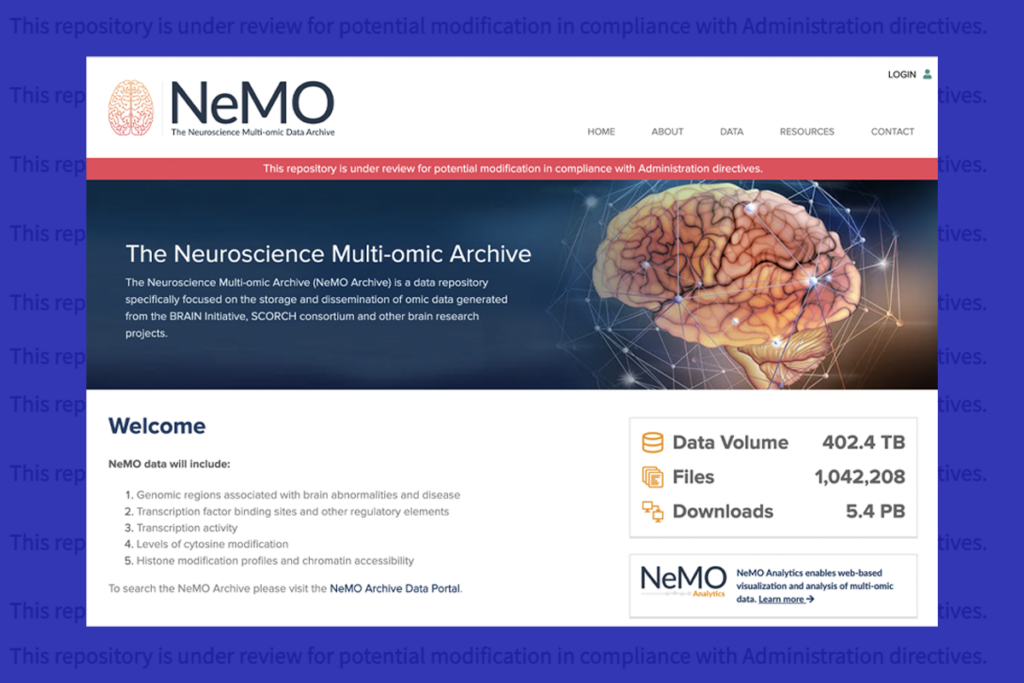
U.S. human data repositories ‘under review’ for gender identity descriptors
Researchers associated with the repositories received an email from the U.S. National Institutes of Health in March noting that they must comply with a 20 January executive order from President Trump that recognizes only two sexes: male and female.